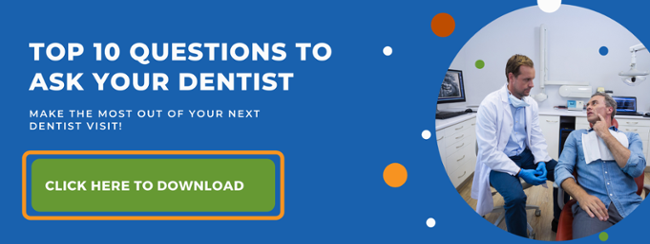By Erica Laceria on Aug 12, 2015 @ 02:18 PM
The discomfort and pain that accompany Burning Mouth Syndrome aren't caused by a burn at all. It does however, have a huge impact on your comfort and overall dental health. By learning more about this uncomfortable condition you can quickly spot the signs of a problem and see your dentist for prompt relief.
What is Burning Mouth Syndrome?
If you've ever taken a bite of a hot slice of pizza, or gulped a cup of too-hot coffee, you know the pain a burned mouth can cause. Burning Mouth Syndrome has all of the pain of a burn, without the actual burn itself. Also referred to as Scalded Mouth Syndrome, this enduring condition can impact your enjoyment of food and your ability to live pain free. Common symptoms include:
- Burning sensation in the mouth, tongue, lips or gums
- Extreme and unusual thirst
- Dry mouth with unknown cause
- Loss of taste or strange metallic taste in mouth
- Spicy food
- Tobacco products
- Mint or cinnamon products
- High stress levels
- Bruxism or grinding teeth
- Prescription or over the counter medication
- Underlying or undiagnosed health issues, from depression to diabetes
A physical exam by your dentist, along with films or cultures of your mouth, can help determine the cause of the burning pain. Since Burning Mouth Syndrome is a lingering, recurring condition, it is important to find the cause. Simply treating the pain won't eliminate the problem.
Once the syndrome is diagnosed, your dentist can prescribe a medication and create a treatment plan designed to target your burning mouth symptoms and its cause. While every patient is different, lifestyle and diet changes may be necessary to eliminate the burning pain.
Burning Mouth Syndrome is uncomfortable and can be tricky to diagnose, but once the cause is found, it is easily treated and outcome for most patients is excellent.





comments